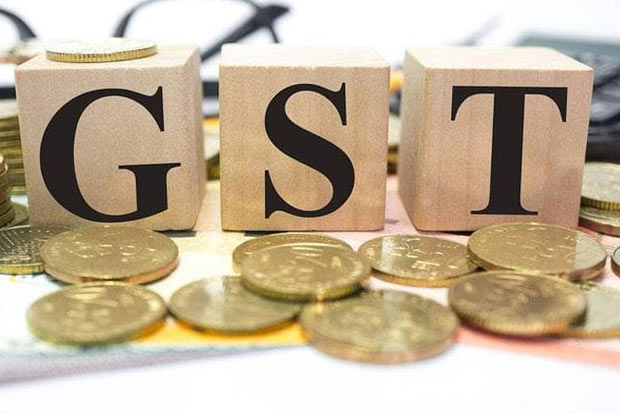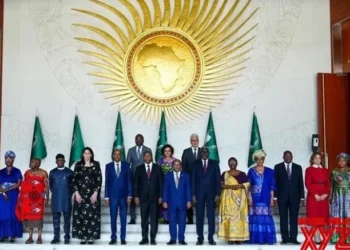In a significant verdict, the Supreme Court Monday allowed the plea of the Centre by holding that goods and the services under the CGST law and Rules cannot be treated at par for the purposes of refund of unutilised input tax credit (ITC), saying there is “no constitutional entitlement to seek a refund” as it is governed by the statute.
The top court upheld the validity of Section 54(3) of the Central Goods and Service Tax (CGST) Act, which deals with refund of unutilised ITC, saying the judiciary should not enter into the “legislative discretion of Parliament to fashion the rate of tax, concessions and exemptions” as it would run the risk of “encroaching upon legislative choices, and on policy decisions which are the prerogative of the executive.”
The verdict came from a bench comprising justices D Y Chandrachud and M R Shah on a batch of petitions pertaining to conflicting judgements rendered by the Gujarat and the Madras High Courts respectively on the issue whether the rules on refund of ITC under the CGST can be applied equally on services and the goods.
The top court set aside the Gujarat High Court verdict which had held as unconstitutional the Rule 89(5) of Central Goods and Service Tax Rules which restricted the refund only to input goods.
The Gujarat High Court had held that the explanation to the Rule 89(5) is ultra-vires to the provision of Section 54(3) of the CGST Act, which deals with the refund of ITC.
Justice Chandrachud, writing the 140-page judgement, concurred with the findings of the Madras High Court which had upheld the validity of the impugned rule.
“A claim to refund is governed by statute. There is no constitutional entitlement to seek a refund. Parliament has in clause (i) of the first proviso allowed a refund of the unutilized ITC in the case of zero-rated supplies made without payment of tax. Under clause (ii) of the first proviso, Parliament has envisaged a refund of unutilized ITC, where the credit has accumulated on account of the rate of tax on inputs being higher than the rate of tax on output supplies.
“When there is neither a constitutional guarantee nor a statutory entitlement to refund, the submission that goods and services must necessarily be treated at par on a matter of a refund of unutilized ITC cannot be accepted,” the judgement said.
Referring to judicial precedents, it said in the field of taxation, the apex court has only intervened to read down or interpret a formula if the formula leads to absurd results or is unworkable.
“In the present case however, the formula is not ambiguous in nature or unworkable, nor is it opposed to the intent of the legislature in granting limited refund on accumulation of unutilised ITC,” the bench said.
The top court, however, took note of the submissions that the practical effect of the formula might result in certain inequities.
“We shall refrain from replacing the wisdom of the legislature or its delegate with our own in such a case. However, given the anomalies pointed out by the assessees, we strongly urge the GST Council to reconsider the formula and take a policy decision regarding the same,” the judgement said.
Stressing that the issue of refund is governed by the statute, it said, “such an interpretation (on ITC), if carried to its logical conclusion would involve unforeseen consequences, circumscribing the legislative discretion of Parliament to fashion the rate of tax, concessions and exemptions.
If the judiciary were to do so, it would run the risk of encroaching upon legislative choices, and on policy decisions which are the prerogative of the executive. Many of the considerations which underlie these choices are based on complex balances drawn between political, economic and social needs and aspirations and are a result of careful analysis of the data and information regarding the levy of taxes and their collection.”
This is precisely the reason why courts are averse to entering the area of policy matters on fiscal issues and we are therefore unable to accept the challenge to the constitutional validity of Section 54(3), it said.
Some of the litigants before the High Courts had contended that section 54(3) of the CGST allows for a refund of ITC originating in inputs as well as input services.
However, the Rule 89(5) is ultra vires in so far as it excludes tax on input services from the purview of the formula, they had said.





















